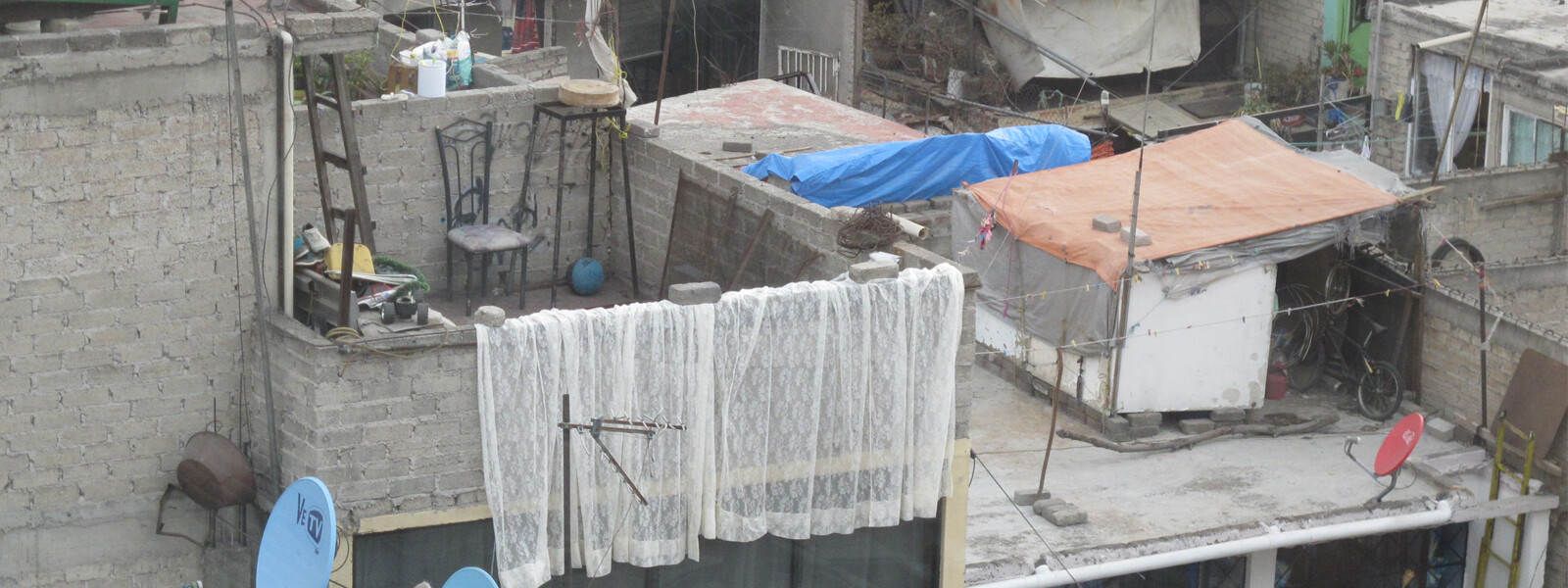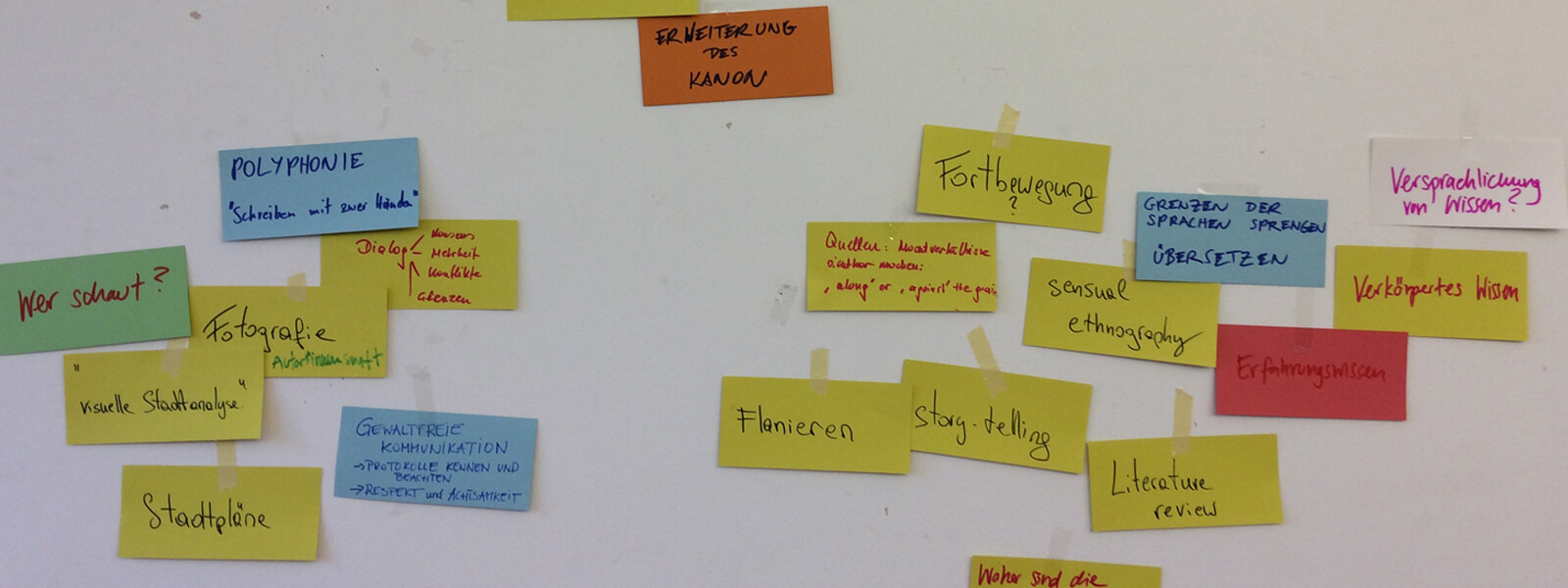As result of a collaborative research project, this contribution introduces the concept of popular urbanization to describe a specific urbanization process based on collective initiatives, self‐organization and the activities of inhabitants. It discusses popular urbanization as an urban strategy through which an urban territory is produced, transformed and appropriated by the people. This concept results from a theoretically guided and empirically grounded comparison of Mexico City, Istanbul and Lagos. An important starting point for this new comparative conceptualization was the term urbanización popular, which is used widely in Latin America. In proposing the concept of popular urbanization for further examination, I seek to contribute to the collective development of a decentered vocabulary of urbanization.
Invited paper presented at the conference Latin American Urban Research in Dialogue: Urban Knowledge Production from the Region at the Bremen University of Applied Sciences taking place on October 19–20, 2020
More information about the conference here



